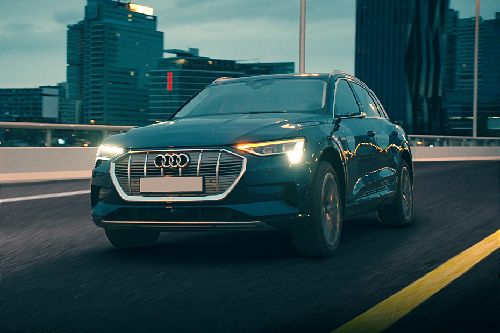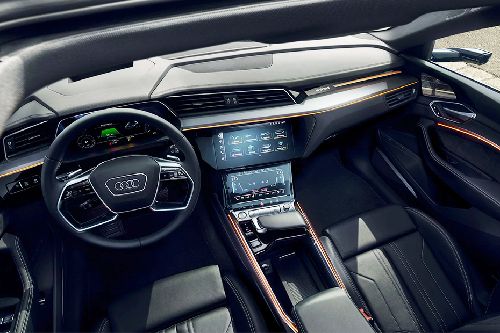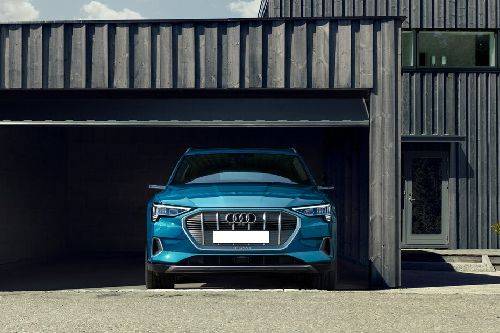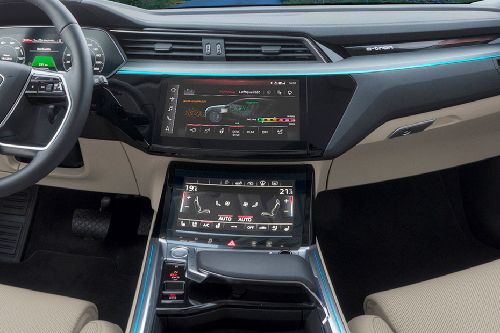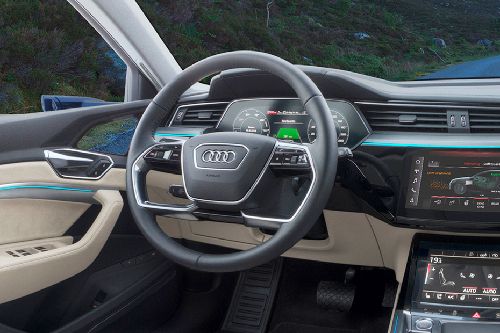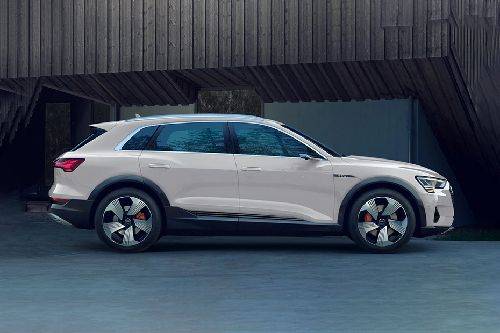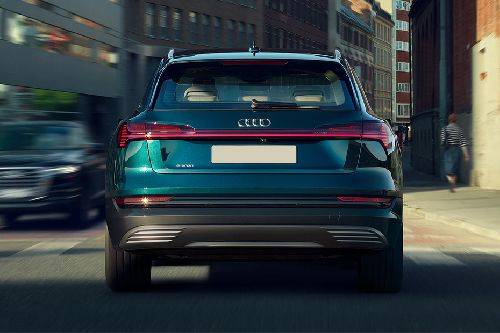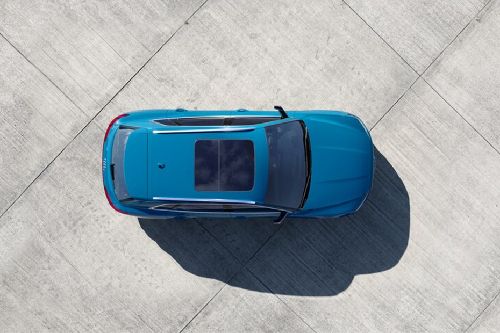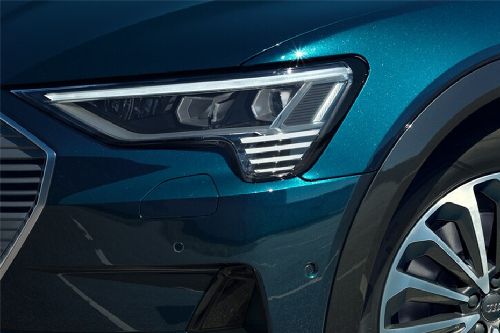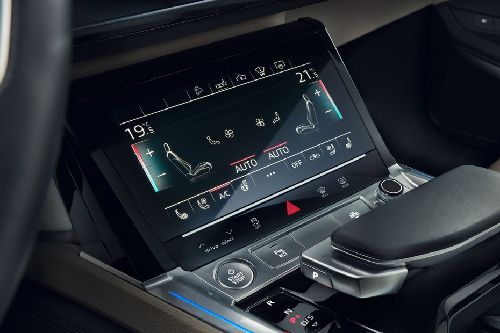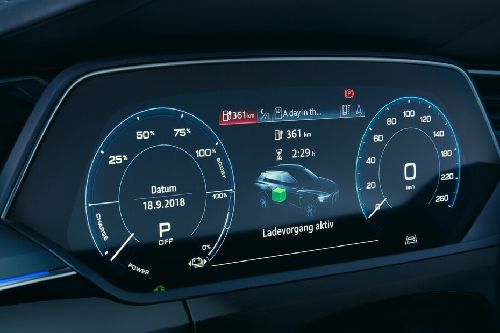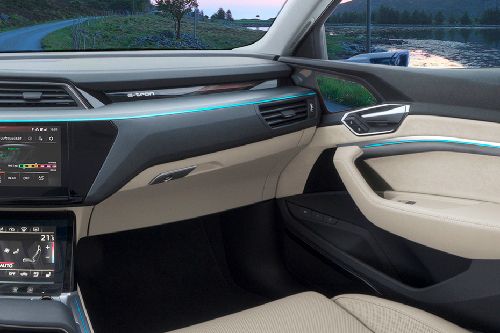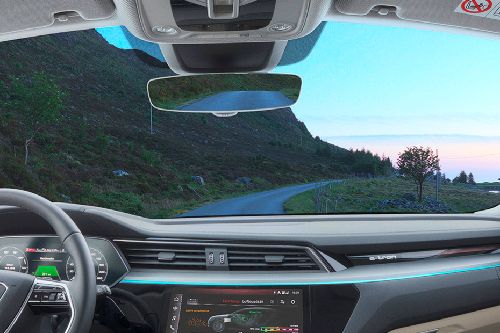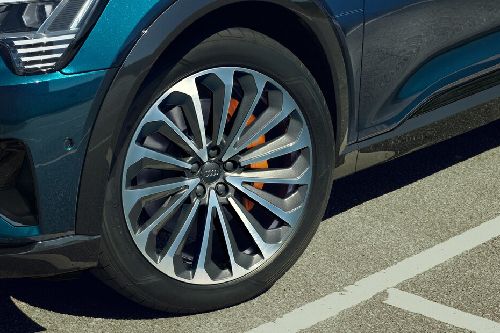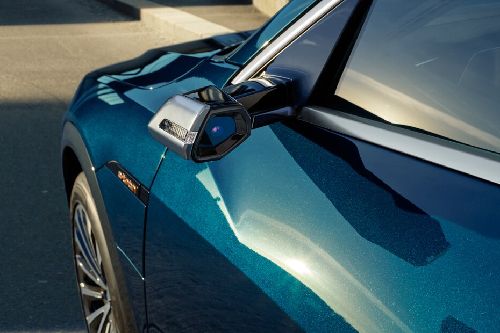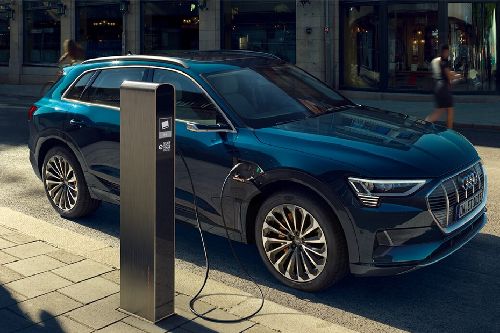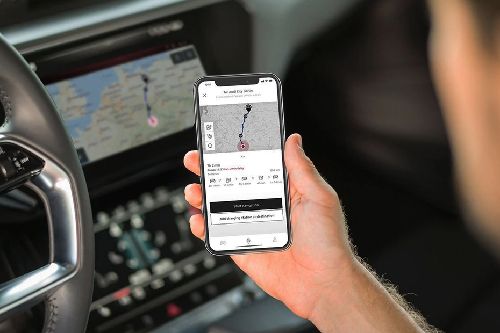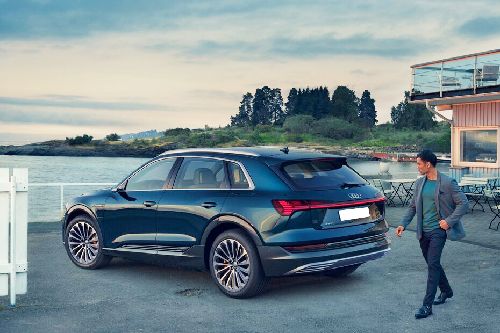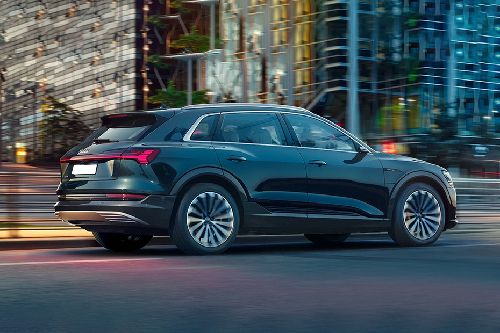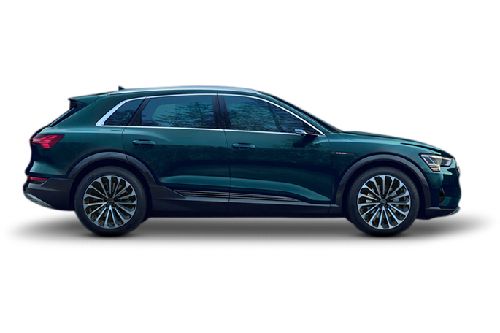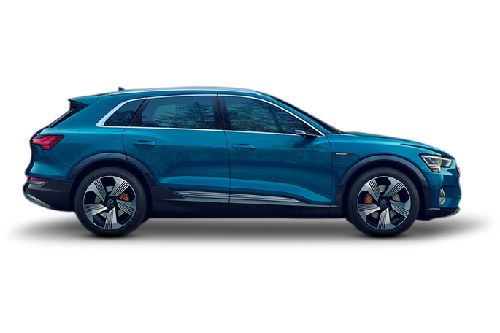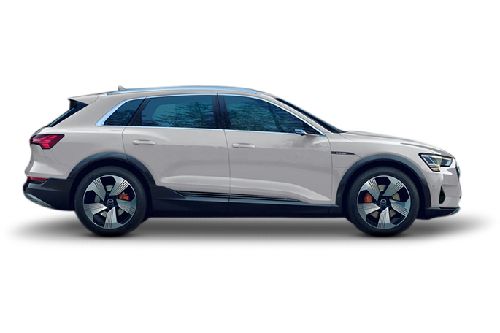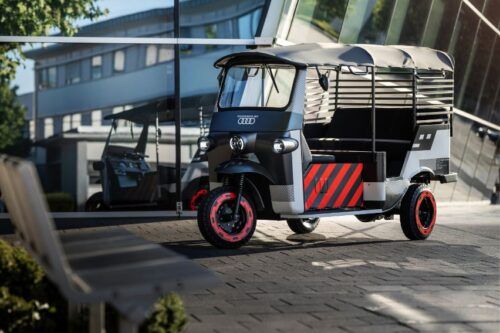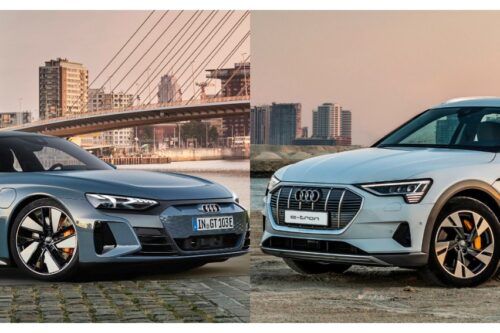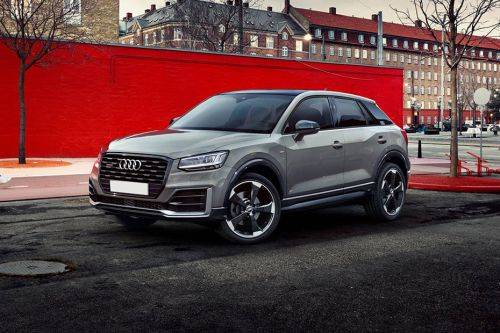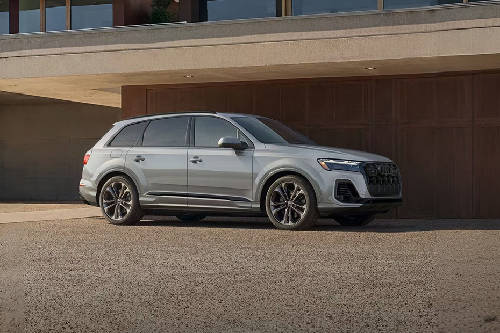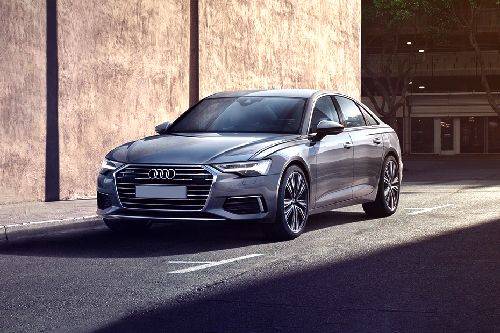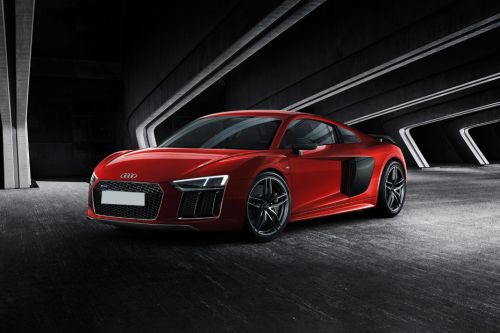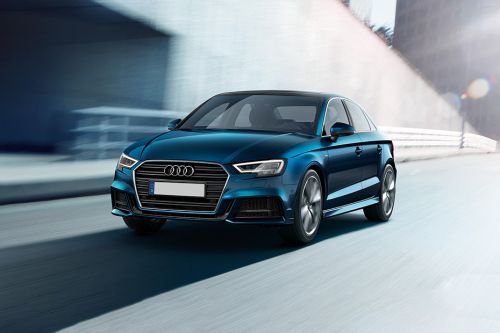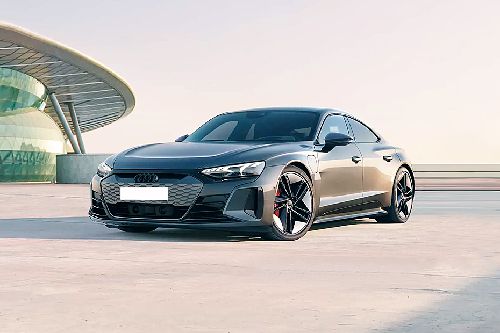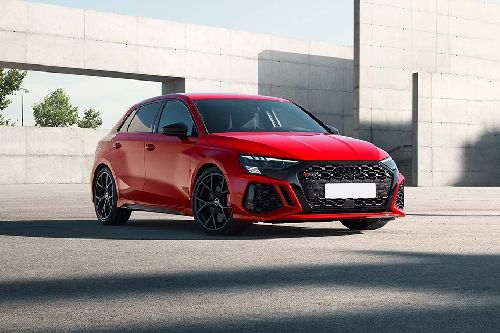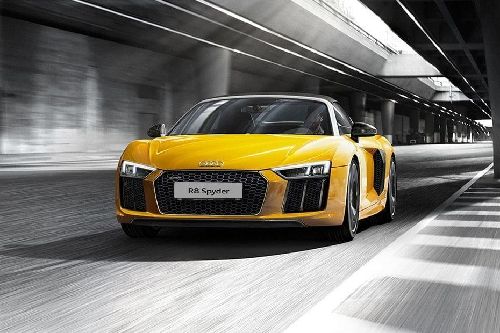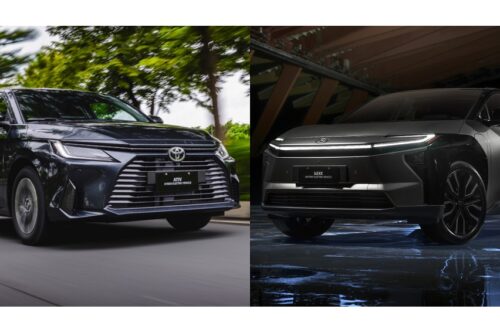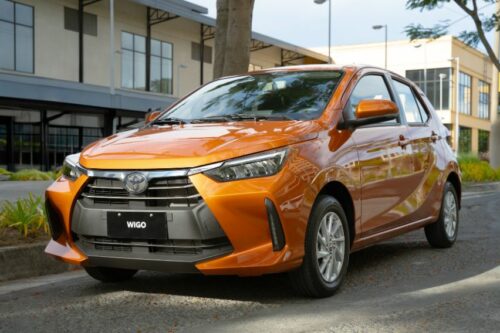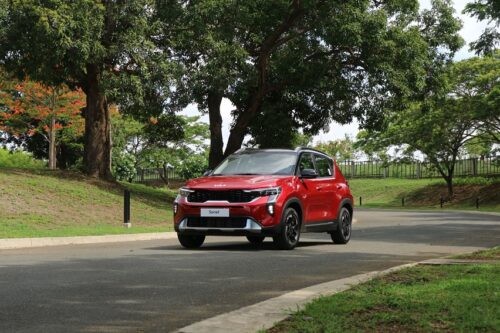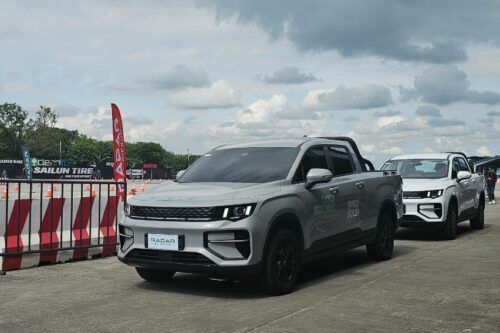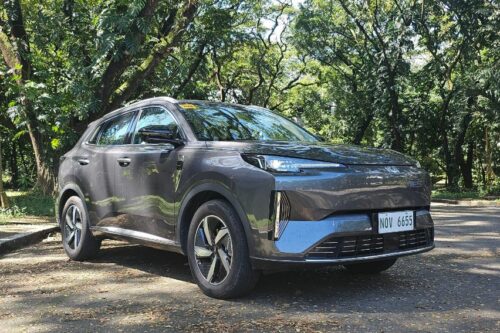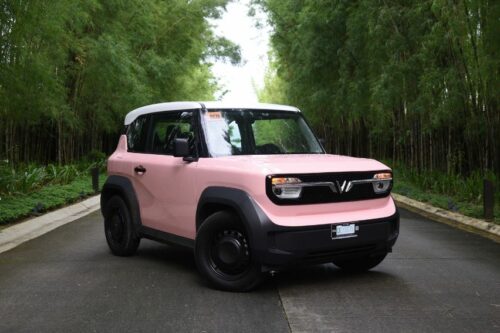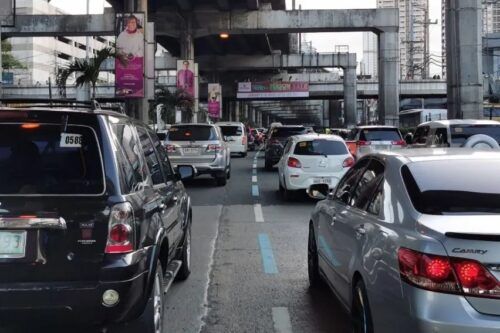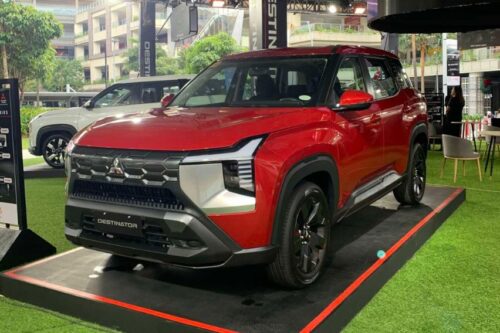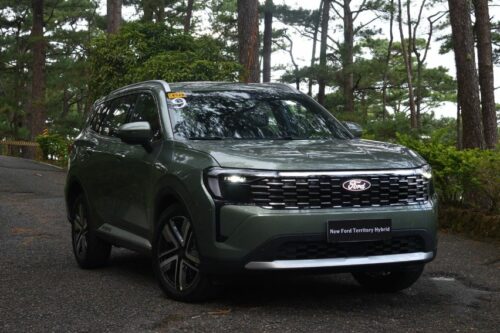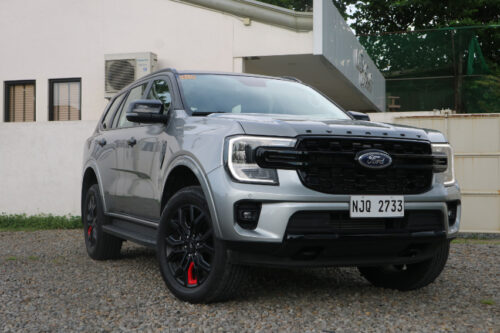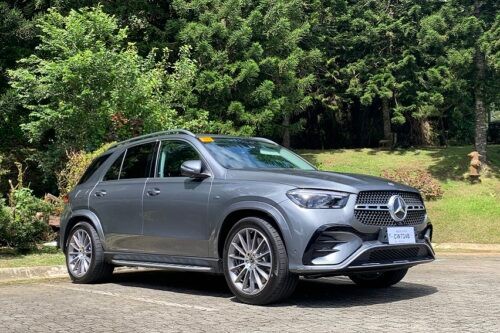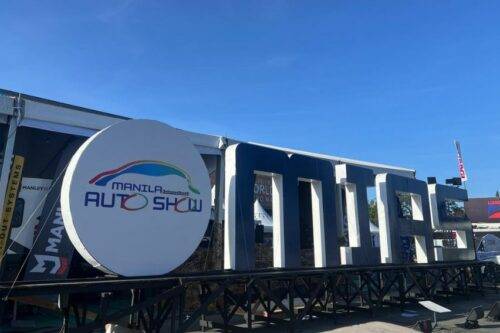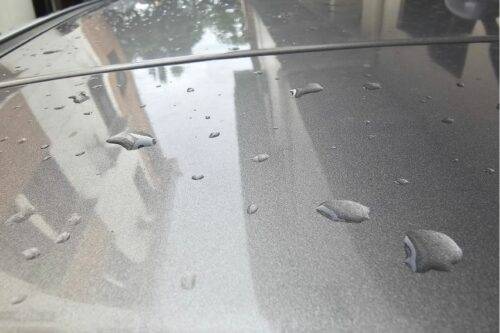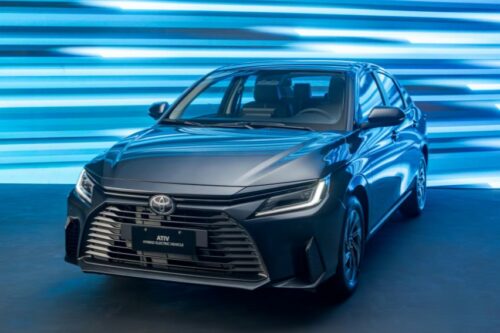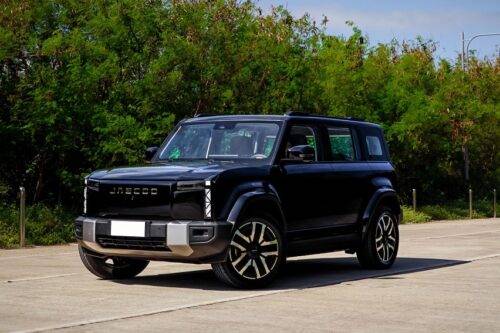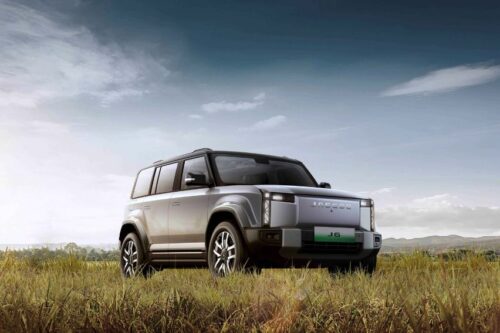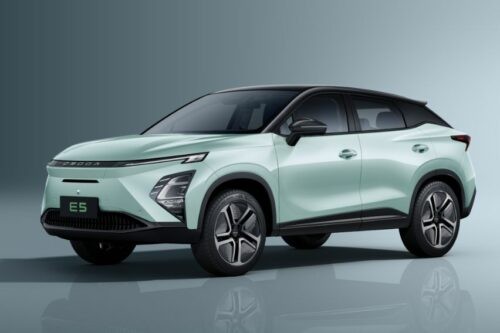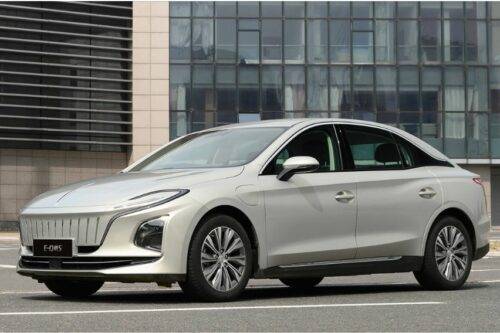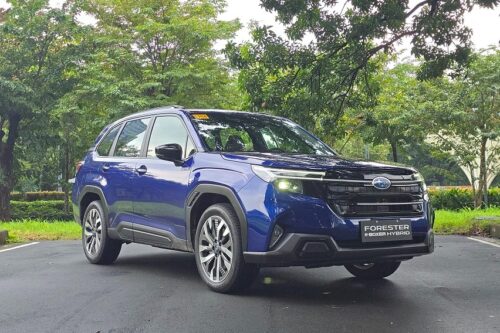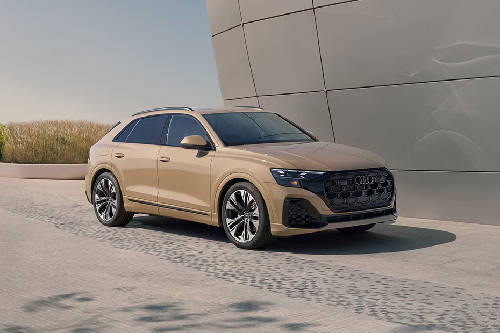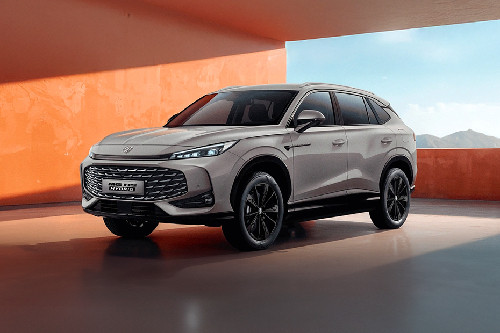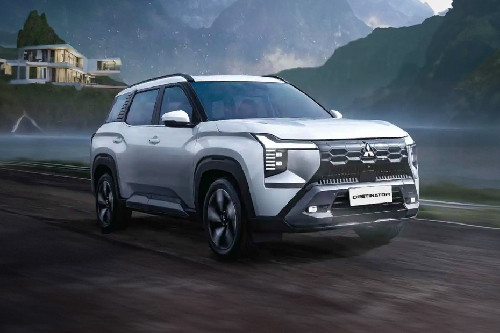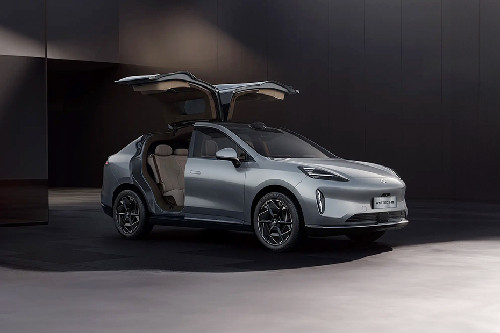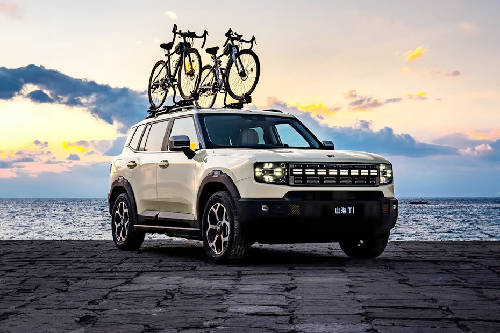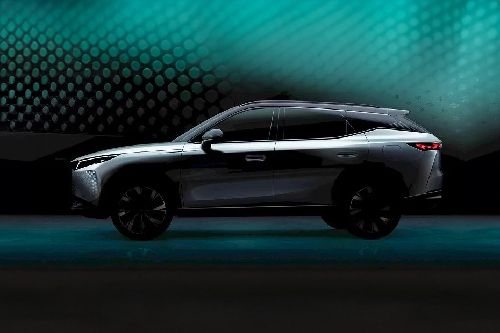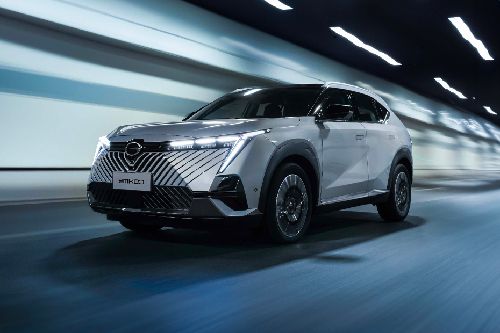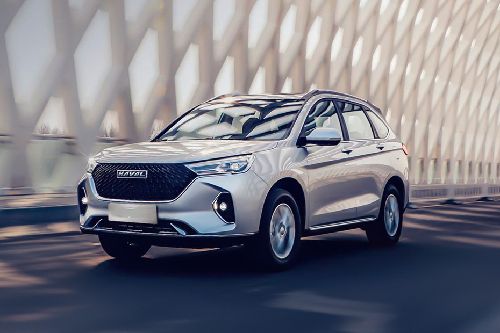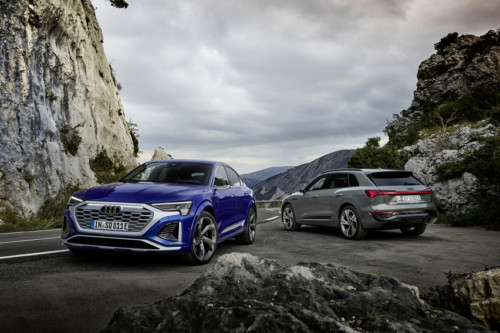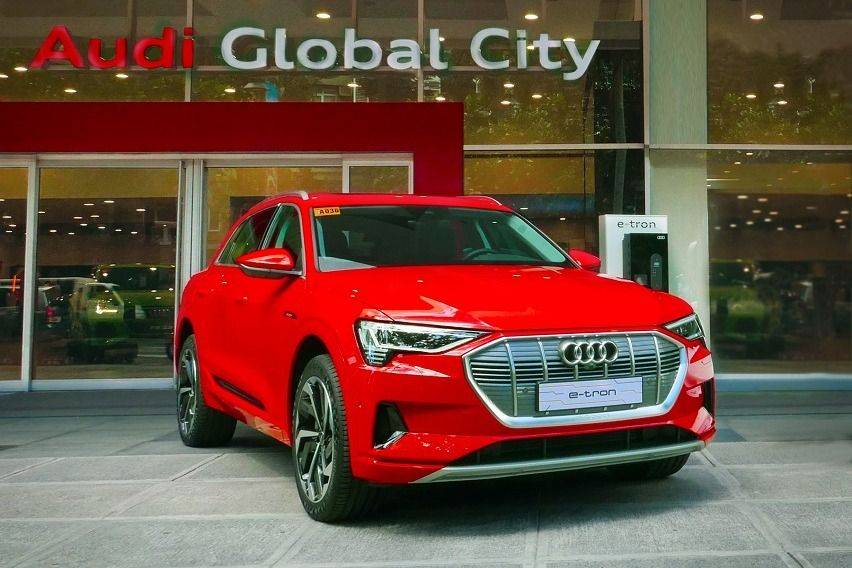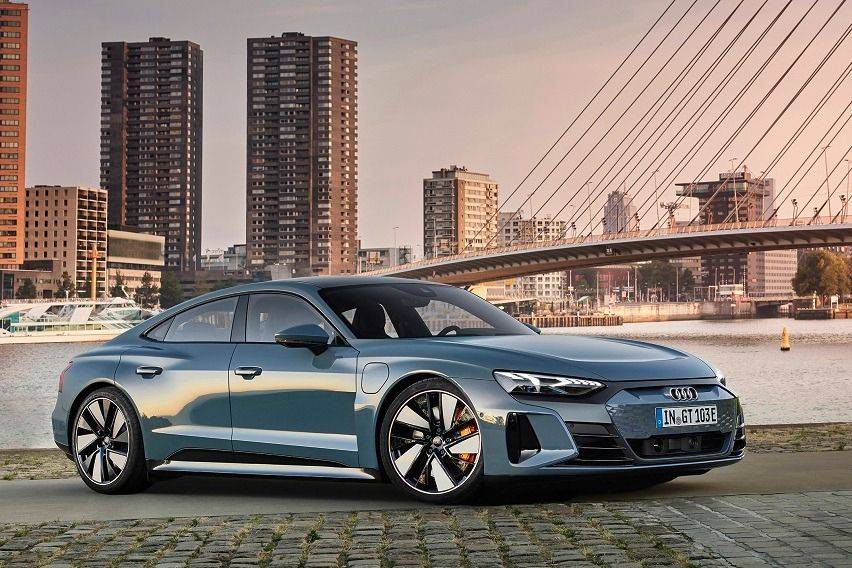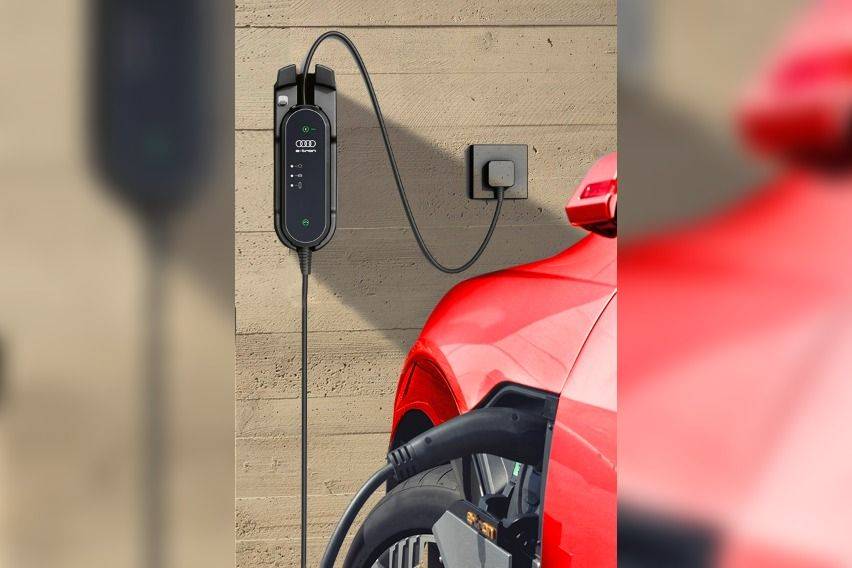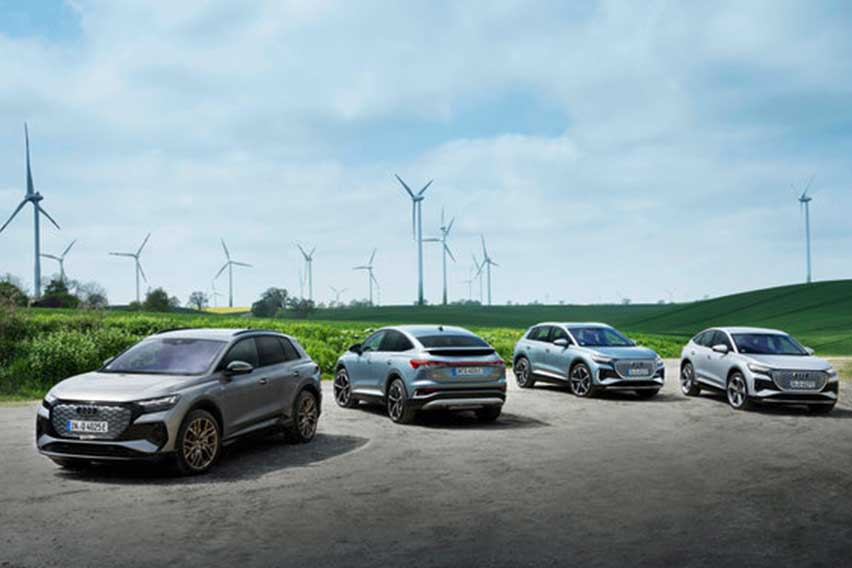Audi develops particulate filter for EVs
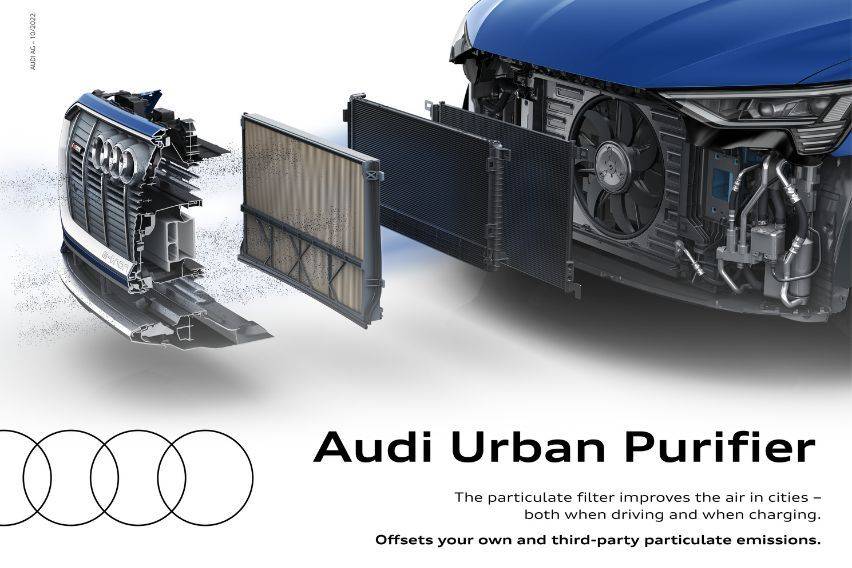
MANILA: Audi is collaborating with supplier Mann+Hummel in a pilot project to create a particulate filter for electric vehicles that gathers airborne particles. It will already help improve city air quality while driving and charging during an initial pilot phase. The cutting-edge technology will be presented at the London Greentech Festival.
KEY TAKEAWAYS
How does the filter work?
The filter is integrated into the airflow that already exists in front of the radiator of the vehicle. The filter element's mechanical function is similar to that of a vacuum cleaner and is controlled through the switchable cooling air inlet. The fine dust remains trapped in the filter by a similar method, although air can still pass through it.Does the filter affect the performance of the electric vehicle?
More than 50,000 kilometers of endurance tests on the Audi e-tron proved that the filters have no adverse effects on the performance of the electric vehicles, even on hot summer days or while fast charging.85% of fine dust in road traffic is due to brake, tire, or road abrasion, regardless of a vehicle's drive system. The tiniest dust particles, which are so minute that they are hardly visible to the naked eye and have a diameter of only 10 micrometers, are easily inhaled. The World Health Organization (WHO) has suggested far lower particulate matter limits than in the last year, but experts claim that many German urban areas would be unable to meet these new standards.
Audi prioritizes sustainability in all of its operations and acknowledges its social and environmental responsibility. The carmaker makes an effort to make production net-carbon neutral and to minimize emissions. Audi, in collaboration with supplier Mann+Hummel, created an air filter for the front end that works similarly to stationary systems that are currently in use in some cities. The mobile version guarantees that particle emissions from other vehicles, such as those from an Audi e-tron, can be absorbed alongside those from the vehicle itself, right where they are produced.
The pilot project began in 2020, and it will run for four years.
“This particulate filter is an example of our pursuit of innovation for everyone’s benefit and a successful collaboration with specialized suppliers. We are already doing a lot today on our own initiative. We anticipate it will also become a legal requirement in the future,” Audi AG Attachment System Development Project Manager Fabian Groh stated.
The filter is integrated into the airflow that already exists in front of the radiator of the vehicle so only few modifications to the vehicle are required, lowering expenses. The filter element's mechanical function is similar to that of a vacuum cleaner and is controlled through the switchable cooling air inlet. The fine dust remains trapped in the filter by a similar method, although air can still pass through it.
The filter has so far been utilized in Audi e-tron test vehicles. It passively filters while driving by using the movement of the car to drive air through the filter system, which collects even the smallest particles. Filtering while stationary charging is another possibility. Every electric vehicle has a fan that circulates ambient air through the radiator; the system makes use of this activity to actively filter the air passing through the radiator using the fine dust filter, ensuring even stationary particles are captured. This is best used in urban settings, when particulate matter pollution is far worse than in rural areas.
The evaluations of the test vehicles were used to measure not only the efficiency of the filters but also whether the technology has an impact on general vehicle usage. The results of more than 50,000 kilometers of endurance tests on the Audi e-tron were conclusive: the filters have no adverse effects on the performance of the electric vehicles, even on hot summer days or while fast charging.
The system is so effective that it can entirely filter out Audi e-tron particles in a heavily polluted city like Stuttgart, depending on the usage scenario. In polluted areas, fine dust emissions can be actively and passively absorbed by up to three vehicles in a typical customer scenario. Audi is collaborating with Mann+Hummel to connect with existing sensors, such as weather stations, to improve the system's efficiency. They will also develop a display logic in the vehicle that will let passengers know when the system is functioning and how much has already been filtered.
The filter requires little maintenance and just has to be changed when the regular service interval has passed. According to a lifecycle analysis of the entire filter system, it will account for 14.9 kilograms of CO2 equivalents. The filter itself is made of 15% recycled material and the entire system is 60% recycled.
Photo from Audi
Also read: Audi Sport customer teams win DTM title with R8 LMS
Sell your car at the best price
 Verified and genuine buyers
Verified and genuine buyers
-
Explore Audi E-Tron
Audi E-Tron Related Stories
- News
- Featured Stories
Audi Car Models
Trending & Fresh Updates
- Latest
- Popular
You might also be interested in
- News
- Featured Stories
Audi Featured Cars
- Latest
- Popular
Compare & Recommended
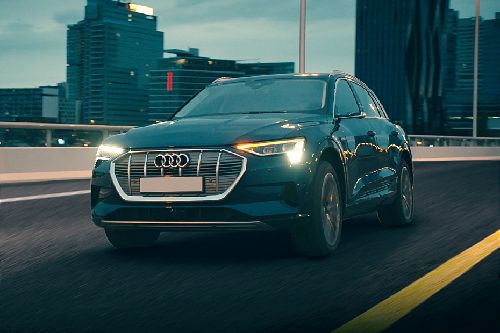
|
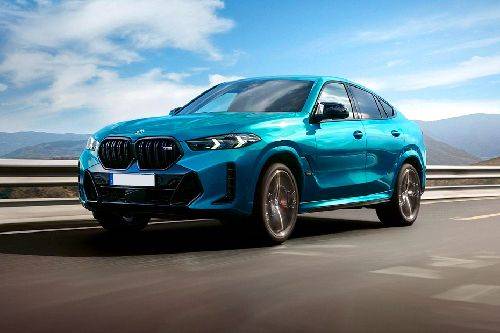
|
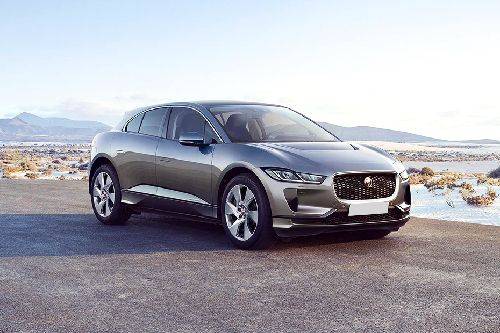
|
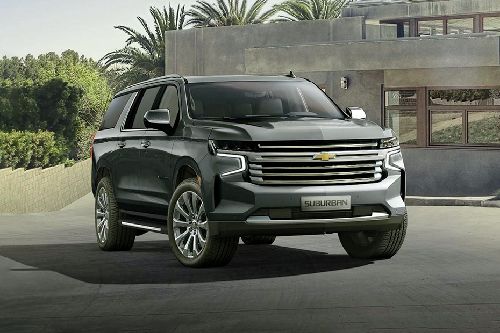
|
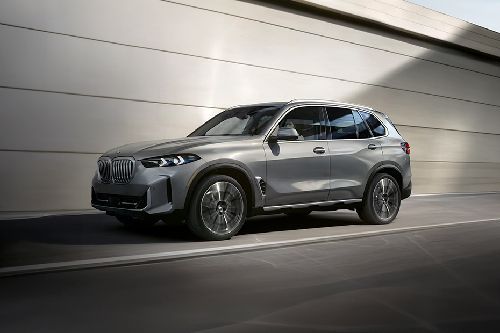
|
|
Seating
5
|
5
|
5
|
8
|
-
|
|
Fuel Type
Electric
|
Diesel
|
Electric
|
Gasoline
|
Diesel
|
|
Power
402
|
282
|
395
|
355
|
282
|
|
Torque
640 Nm
|
650 Nm
|
696 Nm
|
518 Nm
|
650 Nm
|
|
Transmission Type
Automatic
|
Automatic
|
Automatic
|
Automatic
|
Automatic
|
|
Engine
-
|
2993
|
-
|
5328
|
2998
|
|
|
Trending SUV
- Latest
- Upcoming
- Popular
Audi E-Tron Car Articles From Carmudi
- journal

